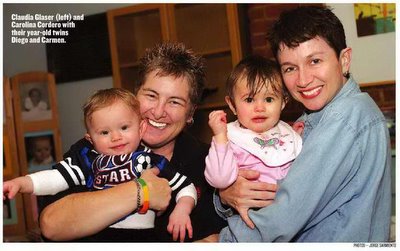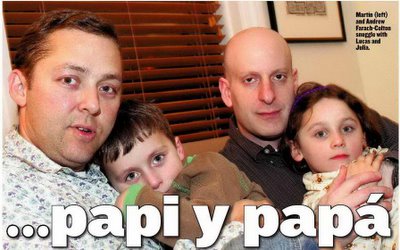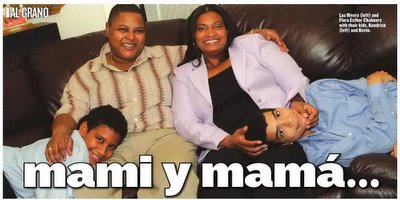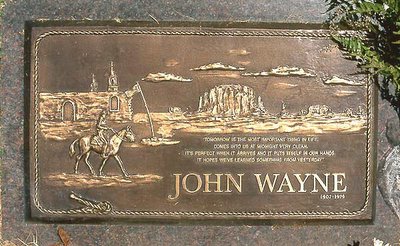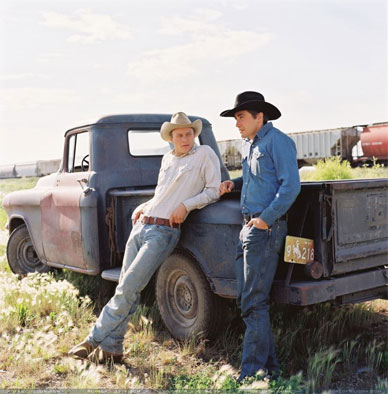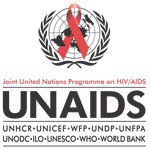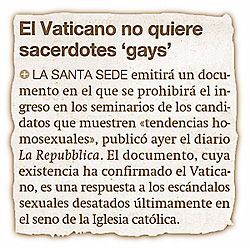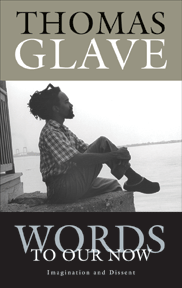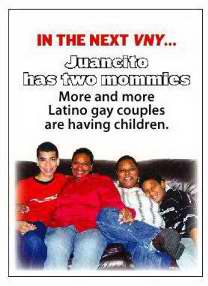Some people have been leaving comments to the posts I have made regarding the murder of Lenford "Steve" Harvey. As some of you might not be going back to check the comments to previous posts, I wanted to highlight these three (and thank the writers for posting them):
W.S. James said...
I am very much angry over this. Not only have met and dialogued with Steve on an HIV/AIDS conference earlier this year but saw the impact he was doing. This is a loss to many in Jamaica and Humanity as a whole. It is long overdue for these sodomy laws to change across the Caribbean and more stands be taken on Stigma...yes I am upset and sad
Melissa said:
Dear Andrés,
I am a returned Peace Corps Volunteer from Jamaica. I worked with Jamaica AIDS Support and very closely with Steve Harvey.
Steve's death is an overwhelming loss for Jamaica and also a personal loss for me. I loved Steve dearly as so many others did inside and outside of JAS. His work and his talent for reaching out to others and making them listen to the plight of stigmatized persons marveled all of us. My only relief now is to know that his death and work is not going unnoticed.
Thank you for the attention that you are bringing to his story. I know that many people, especially within Jamaica, want to dismiss the possibility that his murder was a hate crime. After working for over a year with the GLBT community in Jamaica, I am quite certain that sexual orientation was at the heart of this crime.
Past commentators on your site have been correct. Steve was not openly gay outside of the Jamaica AIDS Support community; HOWEVER, the work that he did and that JASL continues to do is very controversial and it implicates everyone as supporters of the human rights struggle for gays. This association makes them a target in some respects regardless of whether they are homosexual or heterosexual. I would also say that in Jamaica if you are a man and you do HIV/AIDS work or assist the gay community then it is assumed that you must be "batty".
Steve knew the danger of his work. He approached it without fear and with a clear vision of what Jamaica could be without the stigma and hatred that presently exists for both homosexuals and Persons Living with HIV/AIDS. He adopted this cause as his life's mission. In the end, I believe Steve died for this cause. I know him to have been an extremely honest person and unlikely to deny his identity as a homosexual even at the cost of his own life. He believed very strongly in his right and the right of others to live freely as they are.
rosey g said...
I lived in Negril the summer that Mr. Williamson was brutally slain. The homophobic and anti-woman culture that persists in a society that touts its "friendliness" is paradoxical to say the least. If the average tourist only knew or cared to know the bitter realities.
I had been assisting some women in terms of leaving abusive hetero relationships and had been receiving numerous death threats or taunts of "lesbian, we are gonna git you and fock you up good." I went to the police locally who did not believe that I should feel threatened so I took my complaint to the female superintendant at Savannah la Mar who did take action...that action being to light a fire under the Negril constabulary's butts forcing them to go after the individual threatening
me.
The year before, just up the road from where I was staying, two expat men were slain simply because they had been sharing a home together with no women present. Machetes were the weapons of choice.
In many hotels outside of the larger compounds two men cannot share a room because of the homosexual assumptions. Just last year Sandals finally issued a statement saying that they would no longer discriminate on the basis of orientation. I wonder if that holds true.
If I rebuked a gigolo on the beach for his sexual advances I was called a "focking dyke". I sought out isolated beaches outside of Negril as I found the gigolo straight culture to be just too much for this woman.
How many times I heard Jamaican males say that they preferred "skin to skin" instead of using condoms! Yes, there was a nationwide television campaign extolling the virtues of condom use but has it made an impact?
One good thing that came out of the Williamson slaying that summer was seeing more articles in the mainstream Jamaican press that dealt positively with the LGBT community. I know this pissed off many homophobes but too damned bad sayeth I.
Sometimes I just want to scream about Jamaica in a very general way but that would be condemning those whose work is starting to make an impact. Education is the key and until that field of access is level countrywide myths will continue to prevail.
There are many things I could add based on my many years of living not only in the hot zones but in a major redneck Canadian city that would be germaine to this situation in particular. Suffice to say I will continue to do what I do no matter what.
That is all I can do and damn those who believe that my published writings should never be negative. Sorry Jamaica but the truth can hurt.
 Well, this will be a pretty quiet place for the next few days. I will be heading upstate to spend the next week at my mother's place and then it's off to South America to visit my dad and my family with my boyfriend Raul. Not sure I will have internet access so it might be mid-January until you see additional postings here.
Well, this will be a pretty quiet place for the next few days. I will be heading upstate to spend the next week at my mother's place and then it's off to South America to visit my dad and my family with my boyfriend Raul. Not sure I will have internet access so it might be mid-January until you see additional postings here.

